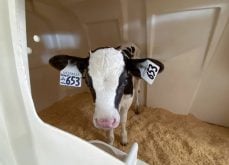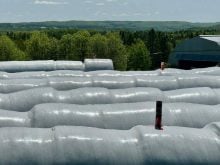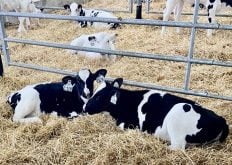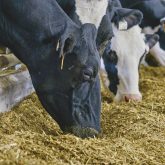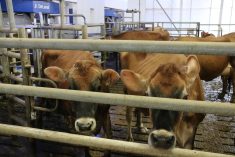In the ever-changing world of global supply, cattle producers regularly face inconsistent supplies of critical animal health products.
This makes it necessary for producers to be in close contact with their veterinarians to ensure they’ve got what they need when they need it. The issues that can affect supply are varied and include:
- manufacturing and batch failures
- distribution interruptions
- unavailable ingredients
- lapses in refrigeration during transport, and
- issues with active ingredients
For example, one ingredient may be produced at only one facility. What happens if that plant burns to the ground? Or perhaps the active ingredient is also used in human health products, and a shortage there trumps anyone else’s need.
While that might be inconvenient for livestock producers, few would argue against those priorities. Fortunately, only a few products cross over.
Read Also
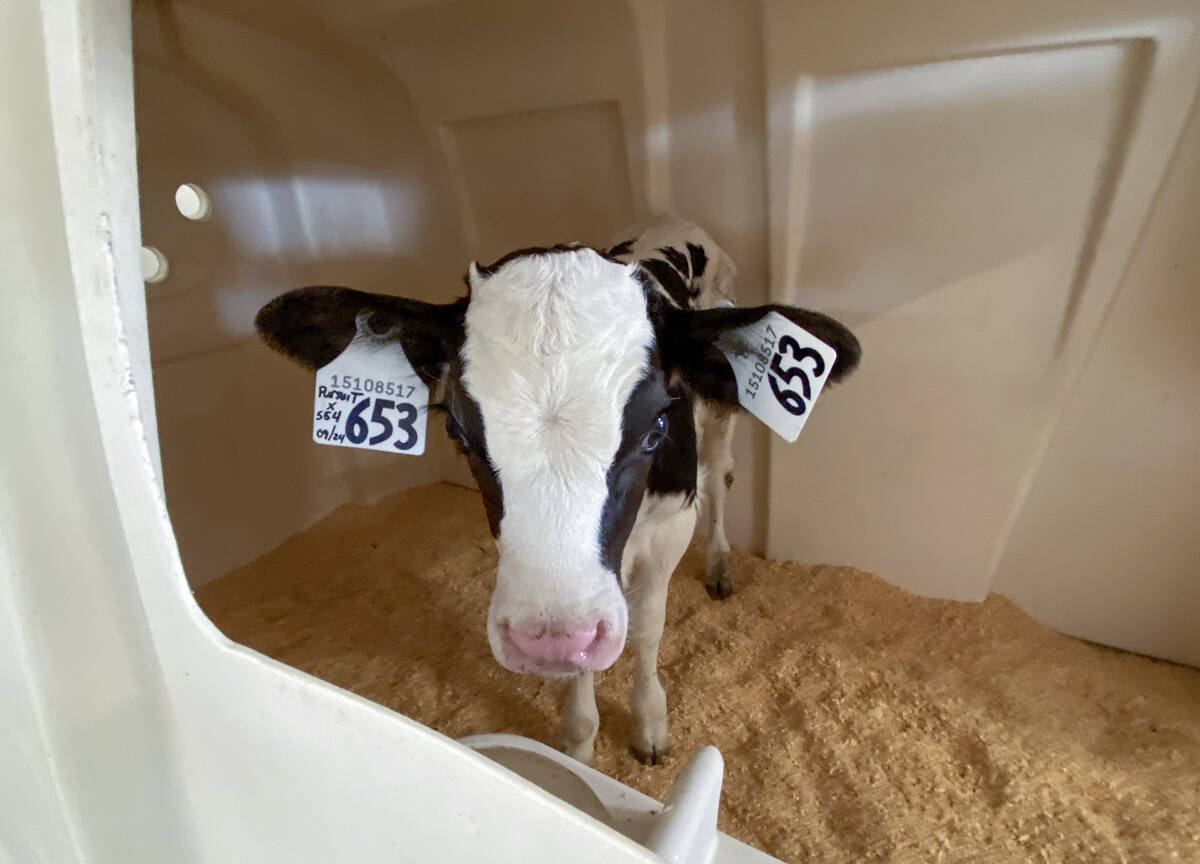
Lactanet turns methane expertise into business opportunity
Lactanet’s new fee-for-service breeding tool initiative to reduce greenhouse gas emissions in Canadian and Swiss Holstein herds will launch in April 2026.
Over the past five years, I would say most of the top 40 products used in cattle production have experienced shortages, and this will become more common. As pharmaceutical companies try to expand product lines and uses for their products, production facilities can quickly reach maximum capacity. Then back orders and shortages occur, especially if there are production hiccups.
What if you need a product but it’s not available? The best thing is to have a good relationship with your veterinarian or supply company. Try to have stock for the next few months for flexibility and perhaps even stock for one season ahead. If the products require refrigeration, ensure they are stored appropriately and that the expiry dates are far enough out.
If a particular product has become outdated, ask your veterinarian about potential reduction in efficacy. Effectiveness will reduce gradually but not suddenly drop to zero. Having just-expired product is better than no product at all, in my opinion. Expired product would have to already be in your hands, because companies by law cannot sell expired products.
Remember that if vaccine supplies are limited, the swine industry does a lot of split-dosing to spread a limited amount of vaccines further. In one recent disease outbreak, piglets were given half doses, which saved a lot of young animals. This may not work in all vaccine shortages but is worth considering.
Alternative similar or generic products or similar vaccines should always be considered, but these days there’s a domino effect, as in the last few years when scours vaccines created shortages all the way around.
We can’t predict what will be short in the future, but veterinarians must have an inventory of certain medications they can’t be without.
Lidocaine was in short supply until a local pharmaceutical company manufactured it and bailed out the industry. Even human health was short of lidocaine. In an emergency, the human equivalent could probably be used or the pharmacy industry may be able to bring in what is needed by use of an emergency drug release. Approach your veterinarian and ask for alternative solutions if a shortage occurs.
You may be able to reduce the frequency of some vaccines for a time, such as those for pinkeye, foot rot, lepto or vibrio. There are always improvements in colostrum management, or non-specific immune stimulant products that may replace the myriad of vaccines we now give. They give a broader non-specific protection against many different bacterial or viral antigens.
Stressors such as parasites, flies, lice, poor nutrition, environmental temperatures or even calving can affect livestock illness. It may be possible to reduce or eliminate some vaccines or antimicrobials by reducing stressors.
We need to help each other manage through shortages. I hope that back orders or batch failures are greatly reduced over time and we won’t go through the unpredictability that seems to be the norm these days.
Roy Lewis practised large-animal veterinary medicine for more than 30 years and now works part time as a technical services veterinarian for Merck Animal Health.
– Roy Lewis practiced large-animal veterinary medicine for more than 30 years and now works part time as a technical services veterinarian with Merck Animal Health.





